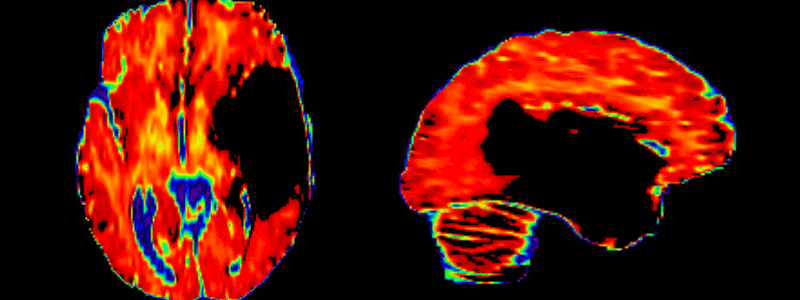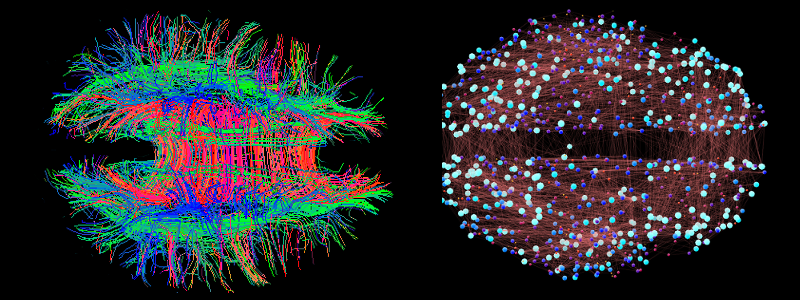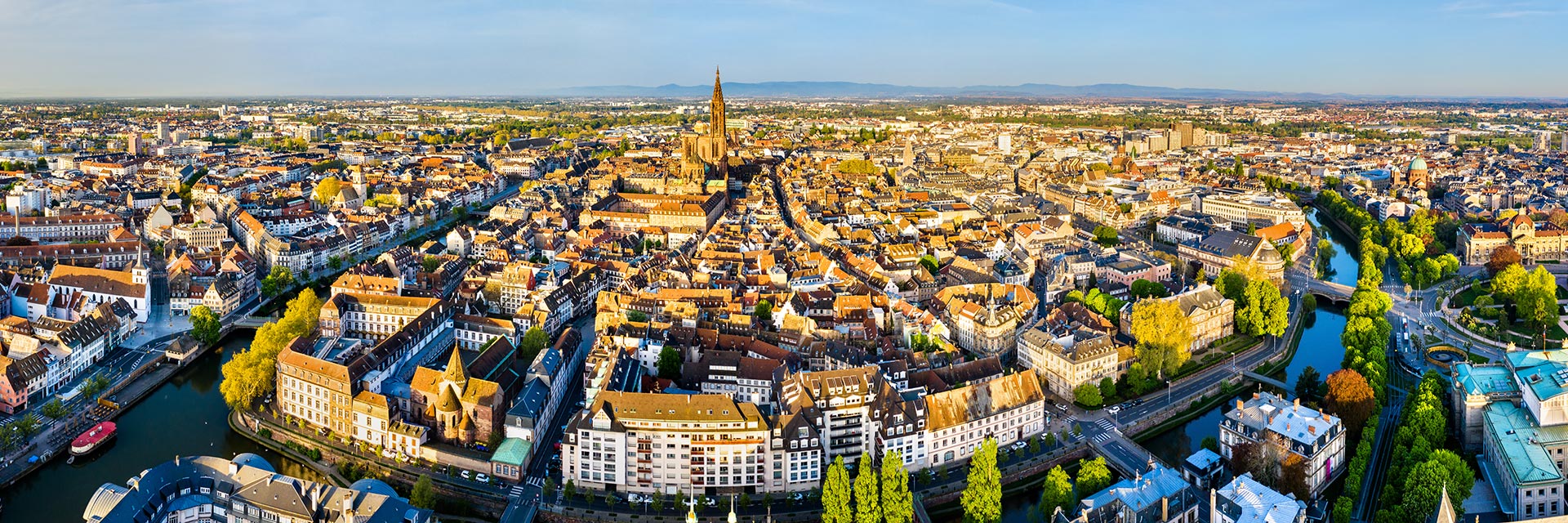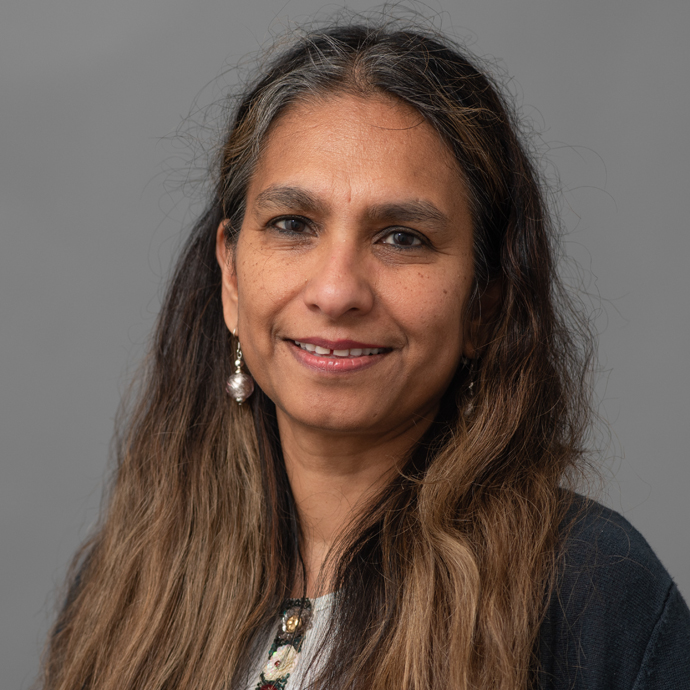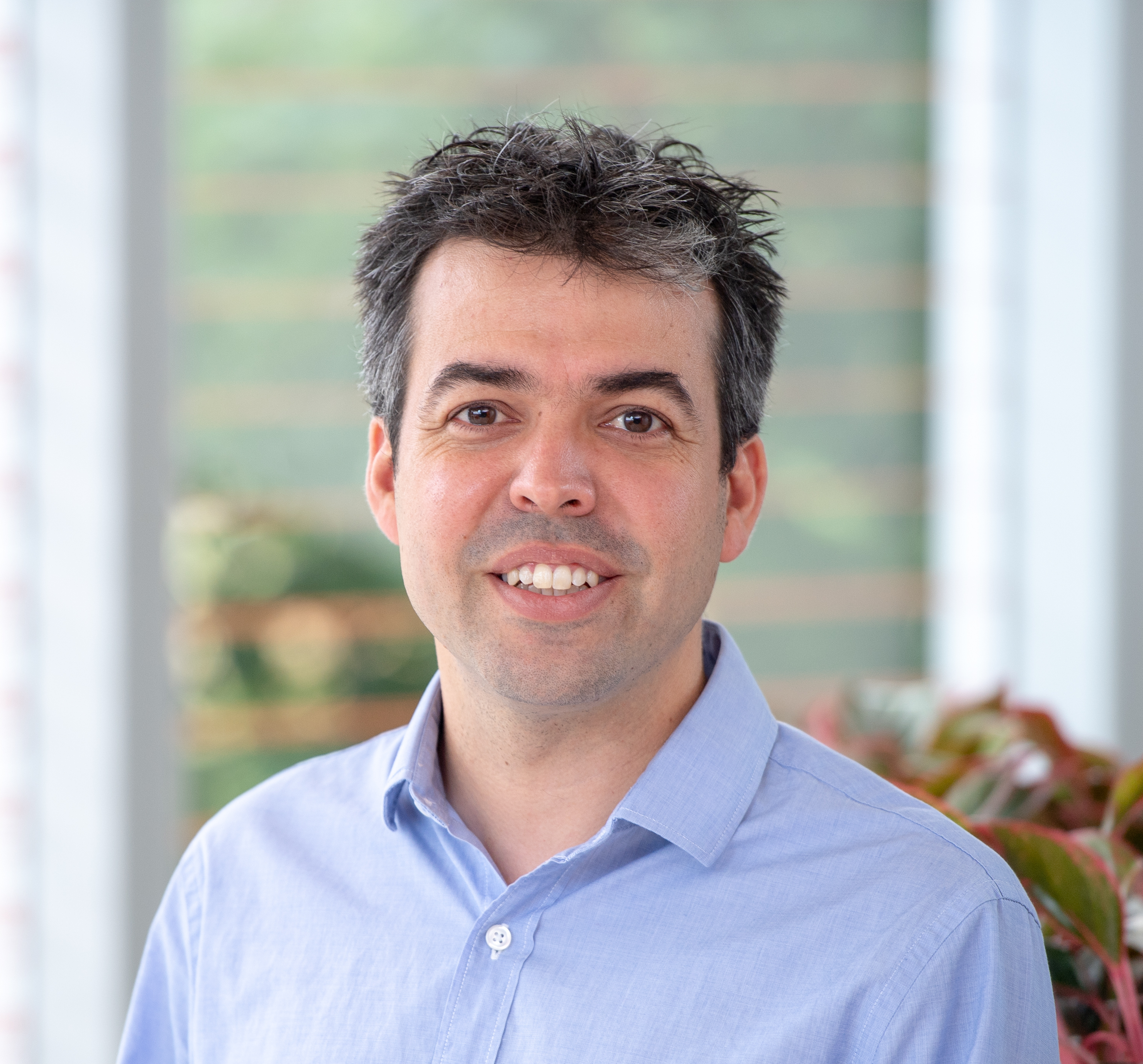about
Welcome to the Brain Lesion (BrainLes) workshop, a satellite event of the International Conference on Medical Image Computing and Computer Assisted Intervention (MICCAI) on September 27th, 2021.
Scope:
Provide an overview of medical image analysis advances in glioma, multiple sclerosis (MS), stroke and trauma brain injuries (TBI). We let researchers from the medical image analysis domain meet with radiologists and neurologists, and discuss these diseases and traumas, with the goal of comparing related neuroimaging biomarkers.
Glioma is the most common type of brain tumors. MS is an inflammatory and demyelinating disease. Stroke is the sudden loss of neurologic function caused by an interruption of the blood supply to the brain. Although these are different diseases that affect the brain in different ways, they share apparent similarities across various imaging modalities, such as the strong heterogeneity of the disease's spatial pattern and the complex pathological landscape that complicates their prognosis. Their unpredictable appearance and shape make them challenging to be assessed in multi-modal brain imaging, as even in healthy-appearing brain tissue there are alterations that are often not visible on conventional MRI sequences, and hence they can be confused with each other.
Topics:
We solicit manuscript that use methods of medical image analysis focusing on:
- Lesion segmentation (glioma, MS, stroke, TBI).
- Longitudinal data analysis.
- Novel MRI sequences and contrast agents.
- Diffusion imaging.
- Clinical related aspects.
- Neurosonography.
- Connectomics.
- Dynamical models.
- Radiomics/Radiogenomics.
The event will be held in conjunction with the following MICCAI Challenges:
The BrainLes workshop allows more freedom within the scope of medical imaging and brain lesions, whereas these challenges are mandating use of their own independent datasets.
Submission:
Submit your paper according to the deadline through the
CMT submission system.
The workshop papers will be initially submitted as an 8-pages manuscript and then we will ask the authors to extend their manuscripts (also with pictures and tables) up to 12 pages after the workshop without peer-review. Feel free to submit a paper between 8 and 12 pages. Additionally we allow the submission of extended papers FROM THE CHALLENGES as post-proceedings, those are also peer-reviewed.
The format of the workshop is mainly based on double-blinded peer-reviewed papers. We limit to 8 pages manuscript to be in-line with the main conference. Please use the LNCS template, available both in LaTeX from Overleaf (
link here) and in MS Word (
link here) format, directly from Springer (
link here). No guidelines on the dataset are given, to give freedom to the authors to report results on their current works. However, the authors can also use the available data from previous and current
BraTS challenges. Due to time constrains only the top papers can have oral presentations, and the remaining will be presented during the workshop's poster session.
Double Blind Review:
BrainLes reviewing is double blind. Please review the Anonymity guidelines of MICCAI main conference, and confirm that the author field does not break anonymity.
Supplemental Material:
Supplemental material submission is optional, following same deadline as the main paper. Contents of the supplemental material would be referred to appropriately in the paper, while reviewers are not obliged to read them.
Submission Originality:
Submissions should be original, no paper of substantially similar content should be under peer review or has been accepted for a publication elsewhere (conference/journal, not including archived work).
arXiv/BioRxiv presubmissions:
We realize that with the increase in popularity of publishing technical reports and arXiv papers, sometimes the authors of a paper may be known to the reviewer.
Rejection of a paper due to anonymity breaching through association with arXiv papers is not accepted by the BrainLes organizing committee. Reviewers are strongly discouraged to search arXiv for submissions they are responsible to review. Even if they come across this information accidentally, they are discouraged to use the information in formulating their informed review of submissions.
arXiv papers are not considered prior work since they have not been peer-reviewed. Therefore, citations to those papers are not required and reviewers are asked to not penalize a paper that fails to cite an arXiv submission.
Plans for dissemination:
Extended versions of all accepted papers will be published as LCNS proceedings by:
Springer-Verlag.

The post-proceedings of previous editions of "Brain-Lesion: Glioma, Multiple Sclerosis, Stroke and Traumatic Brain Injuries" can be downloaded from the Springer-Verlag website, at the
BrainLes 2015, the
BrainLes 2016,
and
BrainLes 2017 pages.
Registration:
The registration can be performed through MICCAI's main registration webpage as for the main conference.
VISA-Invitation letters can be provided only to those registered to the workshop.

